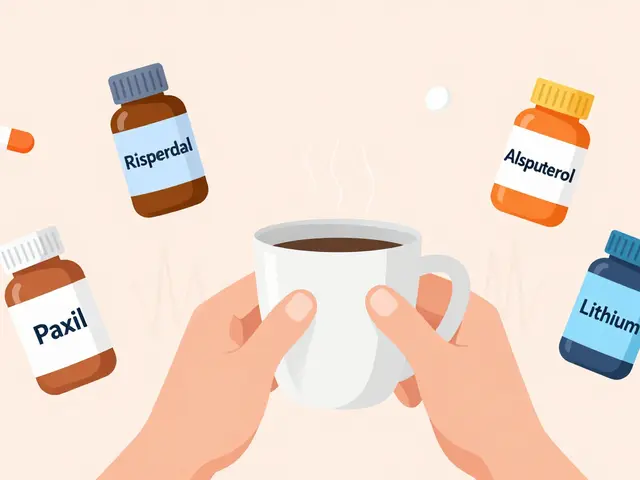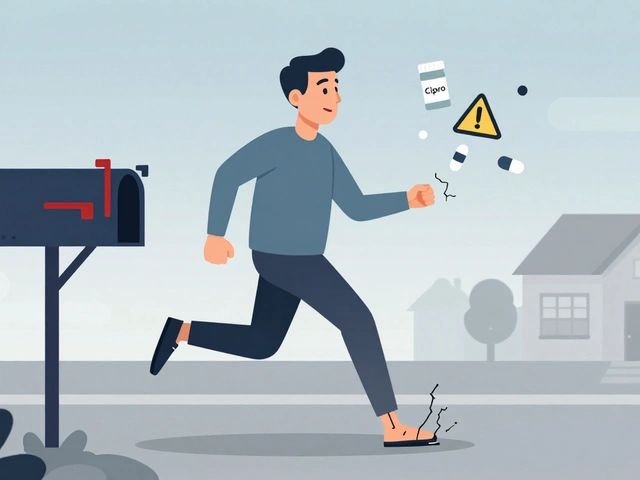Flu Relief: What Actually Works and What to Avoid
When you’re stuck in bed with a fever, aching muscles, and a throat that feels like sandpaper, flu relief isn’t a luxury—it’s survival. The flu, or influenza, is a viral infection that hits fast and hard, often leaving you drained for days. Unlike a cold, flu symptoms come on suddenly: high fever, chills, body pain, fatigue, and a dry cough. It’s not just "feeling under the weather." It’s your body fighting a serious virus. And while there’s no magic cure, there are proven ways to ease the worst of it and get back on your feet faster.
Most people reach for over-the-counter meds like acetaminophen or ibuprofen to knock down fever and pain. That’s fine, but it’s only half the battle. The real key to flu relief is supporting your body’s own defenses. Staying hydrated isn’t just a cliché—it’s critical. When you have a fever, you lose fluids faster, and dehydration makes everything worse: headaches, dizziness, even nausea. Drinking water, broth, or electrolyte drinks helps your body flush out the virus and keeps your mucous membranes moist so they can trap germs instead of letting them spread.
Some folks swear by zinc lozenges or vitamin C, but the science is mixed. What’s clear? Antiviral drugs like oseltamivir (Tamiflu) can shorten the flu by a day or two—if you take them within 48 hours of symptoms starting. That’s why it’s worth calling your doctor early, especially if you’re over 65, pregnant, or have asthma or diabetes. These groups are at higher risk for complications like pneumonia. And while antibiotics won’t touch the flu (it’s a virus, not bacteria), they might be needed if a secondary bacterial infection sets in. Don’t self-prescribe. Don’t skip rest. Pushing through only makes the flu last longer.
What you avoid matters just as much as what you take. Decongestants might clear your nose, but they can spike blood pressure—something you need to watch if you’re on high blood pressure meds. Cough syrups with dextromethorphan? They can make you drowsy or even dizzy. And skip the alcohol. It dehydrates you, weakens your immune response, and messes with sleep quality when you need rest the most. Flu recovery isn’t about speed—it’s about smart, steady support.
Below, you’ll find real, practical guides on what works and what doesn’t. From comparing common cold and flu meds to understanding when to skip the pharmacy altogether, these posts give you no-fluff advice based on actual patient outcomes and medical research. No hype. No guesswork. Just what helps, what hurts, and what you should ask your doctor about next time you feel that first chill.

Aspirin for Cold & Flu Relief: Effectiveness, Risks & Alternatives
Find out if aspirin truly helps with cold and flu symptoms, its risks, proper dosage, and safer alternatives in a clear, expert‑backed guide.
View More




